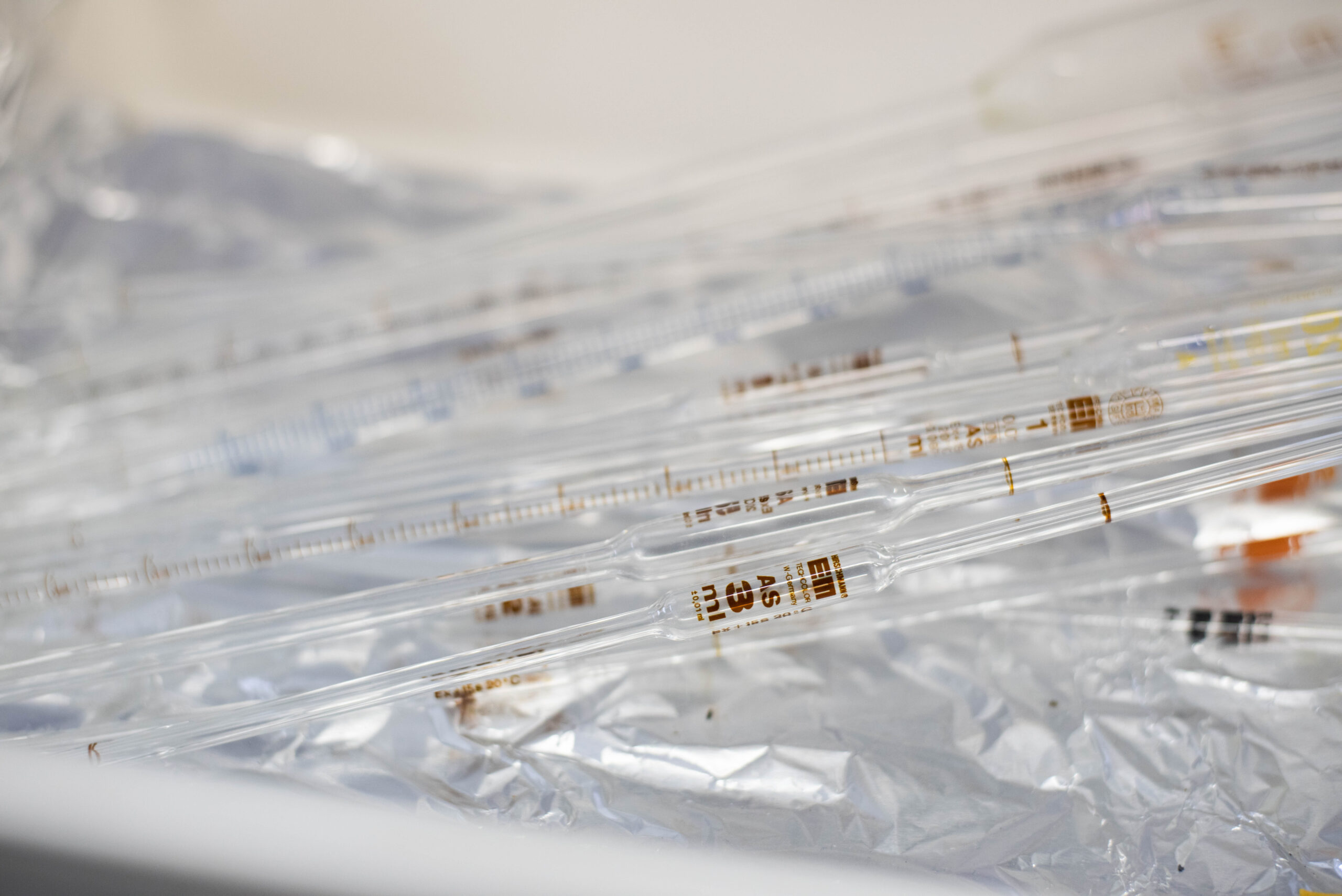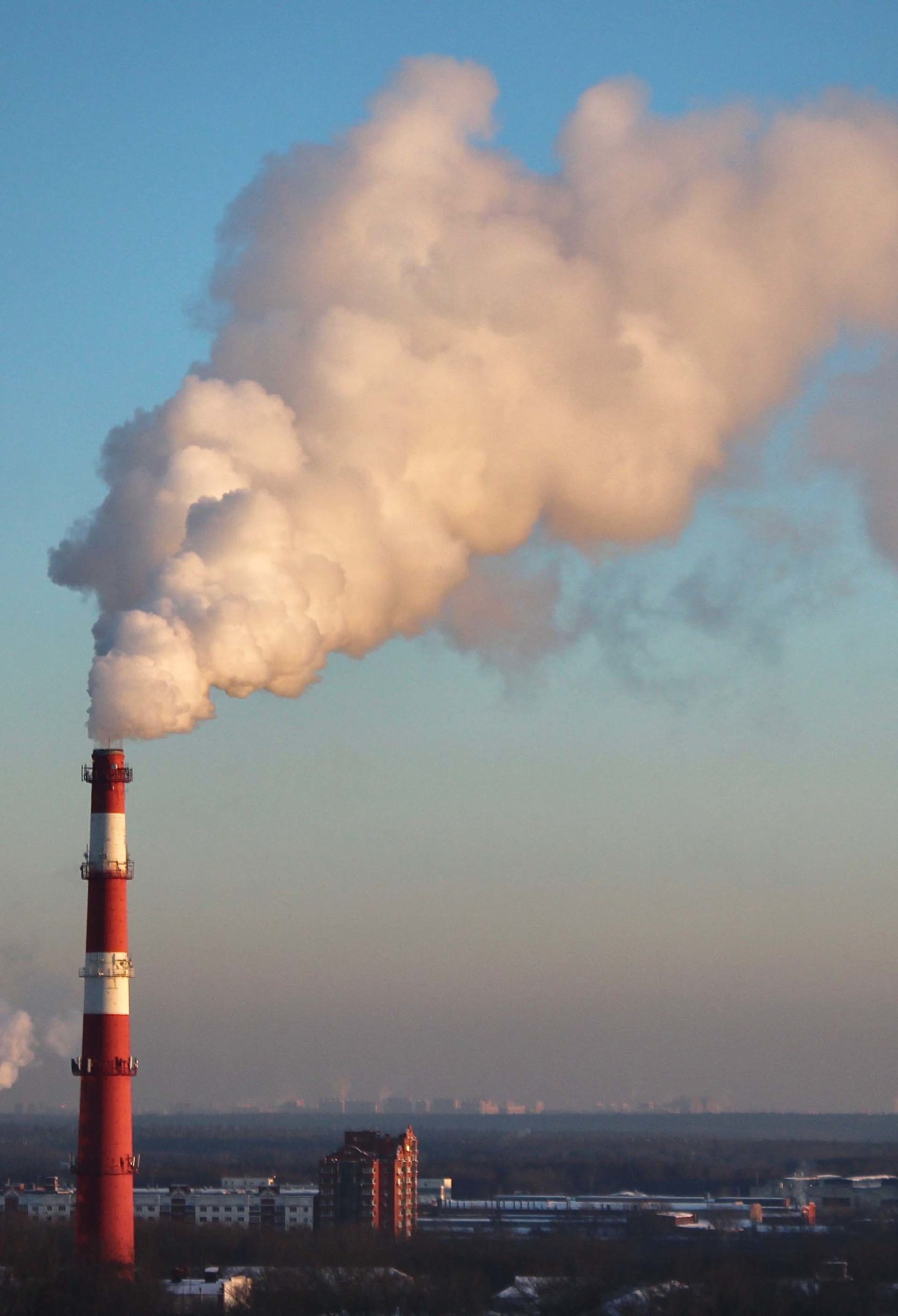Mission
Knowing and understanding air quality to act towards decarbonisation and sustainable development to protect future generations.

History
Established in the late 60s by Prof. Arnaldo Liberti, full professor of Analytical Chemistry at the La Sapienza University of Rome, the Institute on Atmospheric Pollution of the CNR immediately focused its mission on the development of methods and new innovative technologies for the determination of the concentrations of many organic and inorganic pollutants present in the atmosphere. The intervention of the Institute in providing scientific advice to the then Ministry of the Environment on environmental problems due to air pollution from Dioxin in 1976 in Seveso, has promoted over time the strengthening of research activities in the sector of industrial monitoring and the characterization of emissions.
The mission of the CNR-IIA is part of a highly topical framework for the ecosystemic balance of the planet.
The issue of air quality and air pollution affects the world population as a whole and inevitably is the result of our habits and consumption, economic and productive activities and, last but not least, the policies of national and international decision makers.
The impact of air pollution has repercussions in everyday life and in the future will result in economic and health costs negatively effecting quality of life.


With this in mind, the institute acts towards the ecological transition by integrating skills and knowledge, monitoring and studying air quality in order to guarantee people's health and direct sustainable industrial policies and practices.
Of primary reference are the air matrix and studies on understanding and safeguarding the environment, climate and biodiversity. From an operational and methodological point of view, the Institute gathers within its offices the excellence of the researchers present in Italy, assisted by state-of-the-art laboratories, instruments and survey stations.
The research activity, conducted with high competence and scientific rigor, makes the most efficient path in terms of impact reduction available to policy makers and operators in the production sector.
